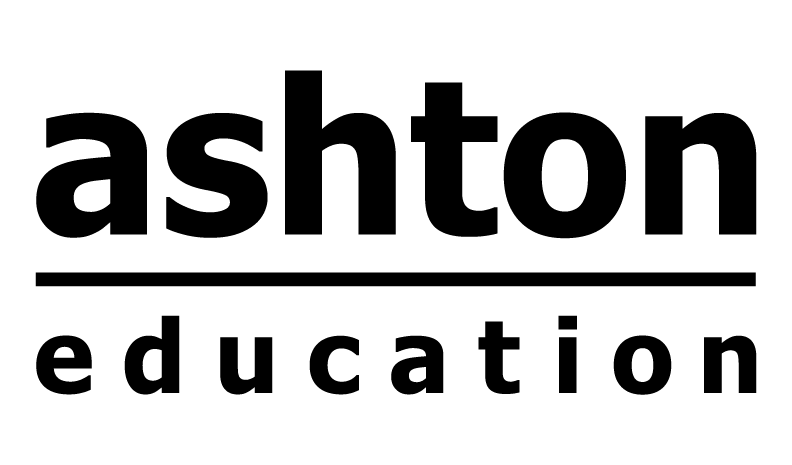The Difference Between Payroll Tax and Income Tax
On the surface level, payroll tax and income tax might seem like the same thing. After all, most people’s income comes from being on a payroll. If you’ve taken a Canadian tax course, or a payroll administration course, then you know it’s not all that simple. We’re going to breakdown the differences in payroll tax and income tax and the role they play in different financial careers.
Income Tax
Put simply, income tax is a tax you pay based on the amount of money you earn from various sources. You pay income tax on money you earn from a job or self-employment, along with other means of income such as bank interest, stock dividends and money earned from the sale of stocks, property, and other goods. Income taxes in Canada are levied by both the federal and provincial or territorial governments.
Typically, your employer will automatically deduct your income tax from your pay before you receive it. This could be why some people incorrectly assume that income tax and payroll tax are the exact same thing. If you’re self-employed, then you generally won’t deal with income tax deductions until you file your yearly tax return to the Canada Revenue Agency (CRA).
If you take a tax course, like the one offered at Ashton College, then you can become a tax accountant and handle income tax filings for both individuals and businesses. Tax accountants understand both provincial/territorial and federal regulations for income taxes as well as the rights and obligations of taxpayers to the CRA as it relates to the Income Tax Act. Being an effective tax accountant requires a thorough understanding of Canadian tax laws and that’s why a Canadian tax course is effective for newcomers to the tax industry, as well as international accountants looking to work in Canada.
Payroll Tax
Payroll tax is a tax that is deducted from an employee’s paycheque, and it includes income tax as well as several other deductions. In Canada, payroll tax is deducted and contributed to two major government services: Employment Insurance (EI) and Canada Pension Plan (CPP).
Paying into EI allows workers to apply for EI benefits when they are unemployed. If an employee loses their job through no fault of their own or they are unable to work due to injury or sickness then they apply for EI benefits.
CPP is a retirement fund meant to replace a person’s income when they retire. By having people pay into the system throughout their career, Canada ensures that every worker has money tucked away for retirement.
Payroll administrators deal directly with all payroll taxes. If you take a payroll course, such as the one offered at Ashton College, you’ll become familiar with all statutory and non-statutory payroll deductions as well as the process for creating and maintaining earnings records. Payroll administrators play a crucial role in businesses across every industry.
Accounting
The continuing education courses offered at Ashton College are an excellent way to expand your accounting knowledge and learn the finer points of income tax and payroll tax. The Canadian tax course and payroll administration course serve as great entry points for accounting as well. Ashton College offers other online accounting courses as well. These courses will allow you to earn a certificate in accounting and build the foundational skills required to be start a successful accounting career.
Whether you want to advance your current accounting career or take the first step, there’s no better time to get started than right now. Register for one of Ashton College’s upcoming online accounting courses and get the knowledge you need to succeed in your career.



